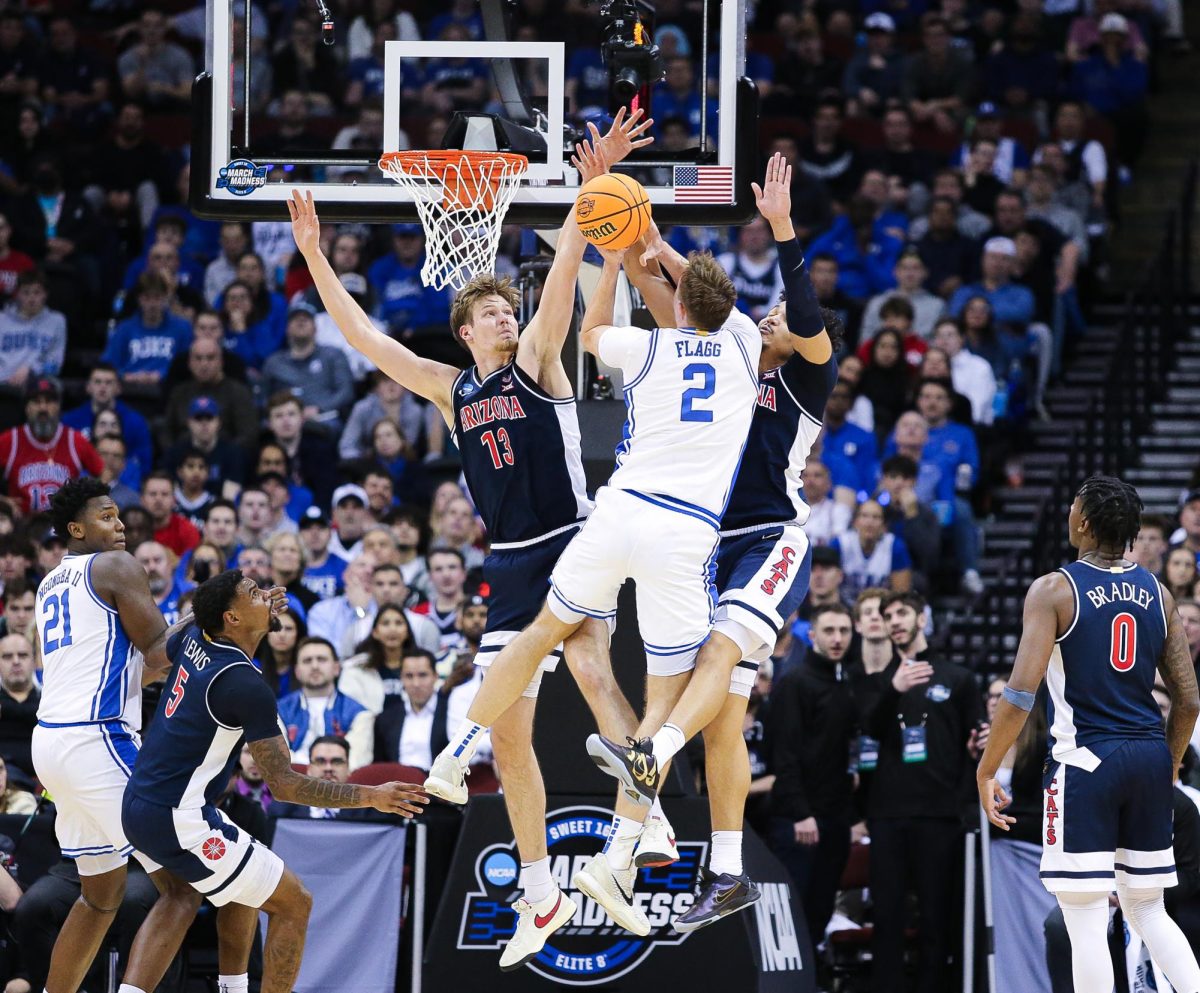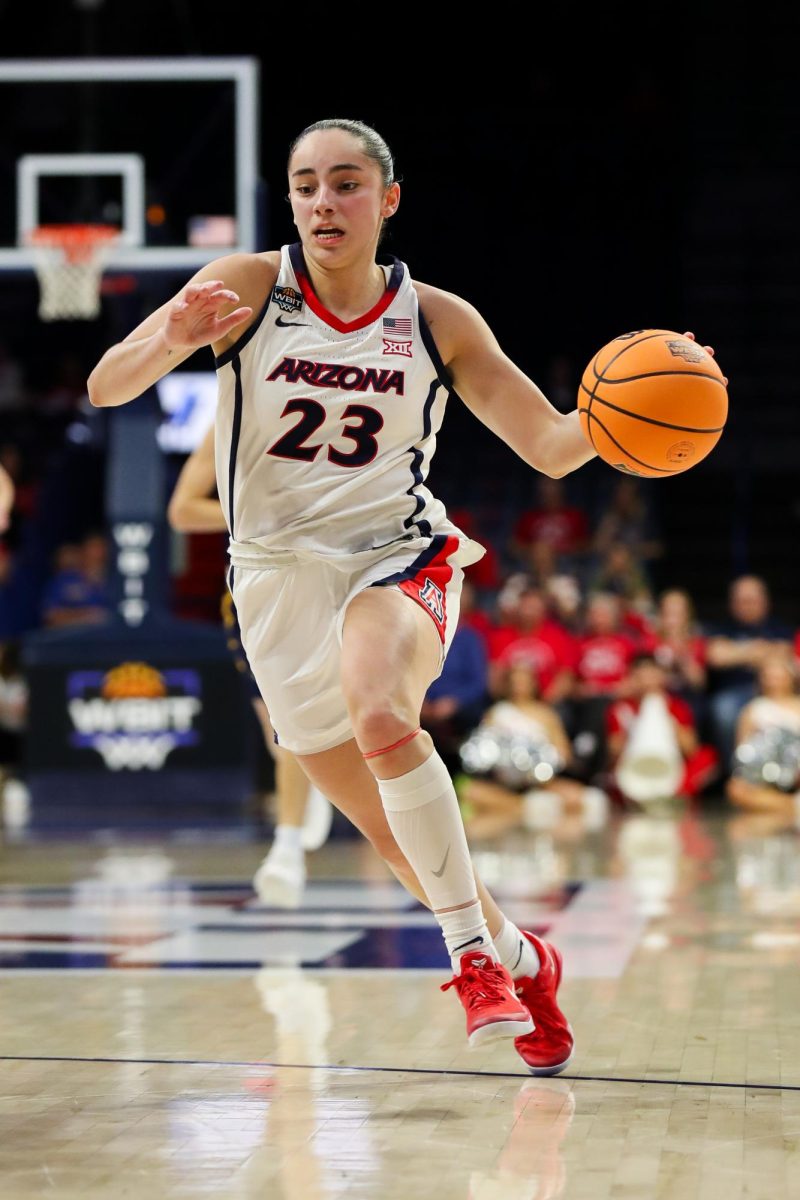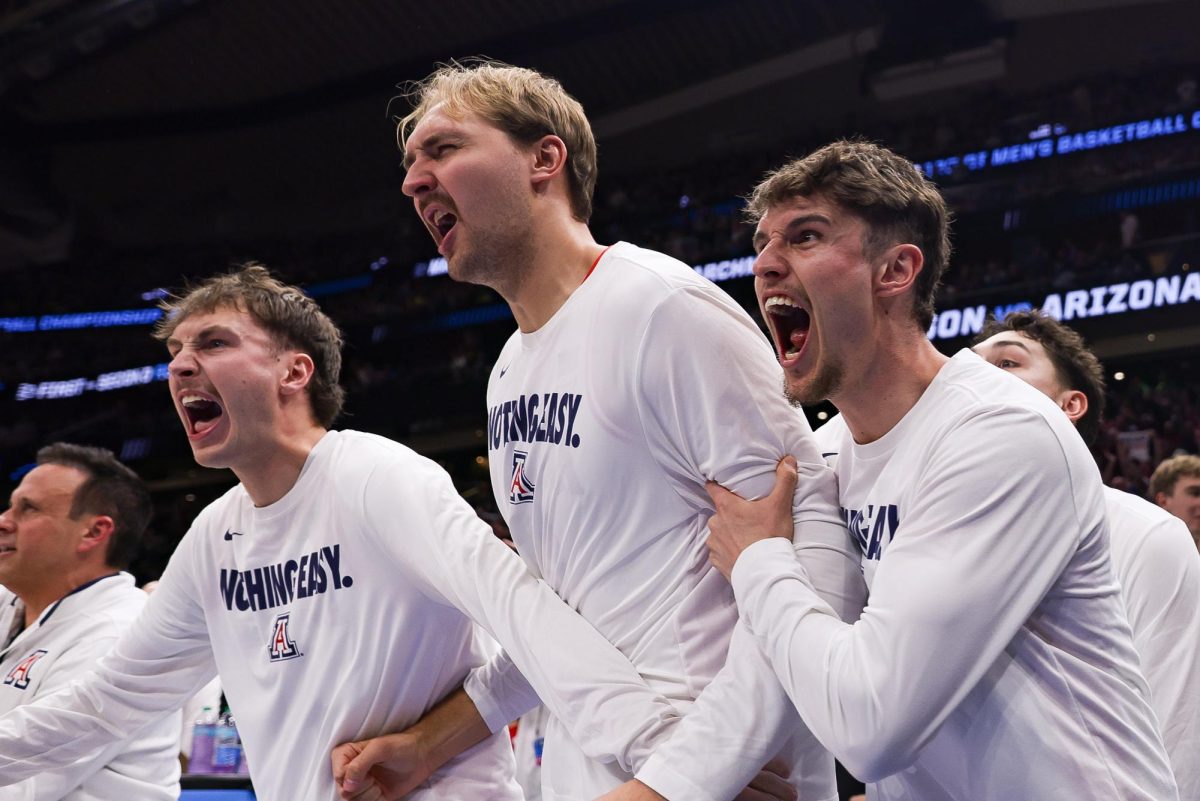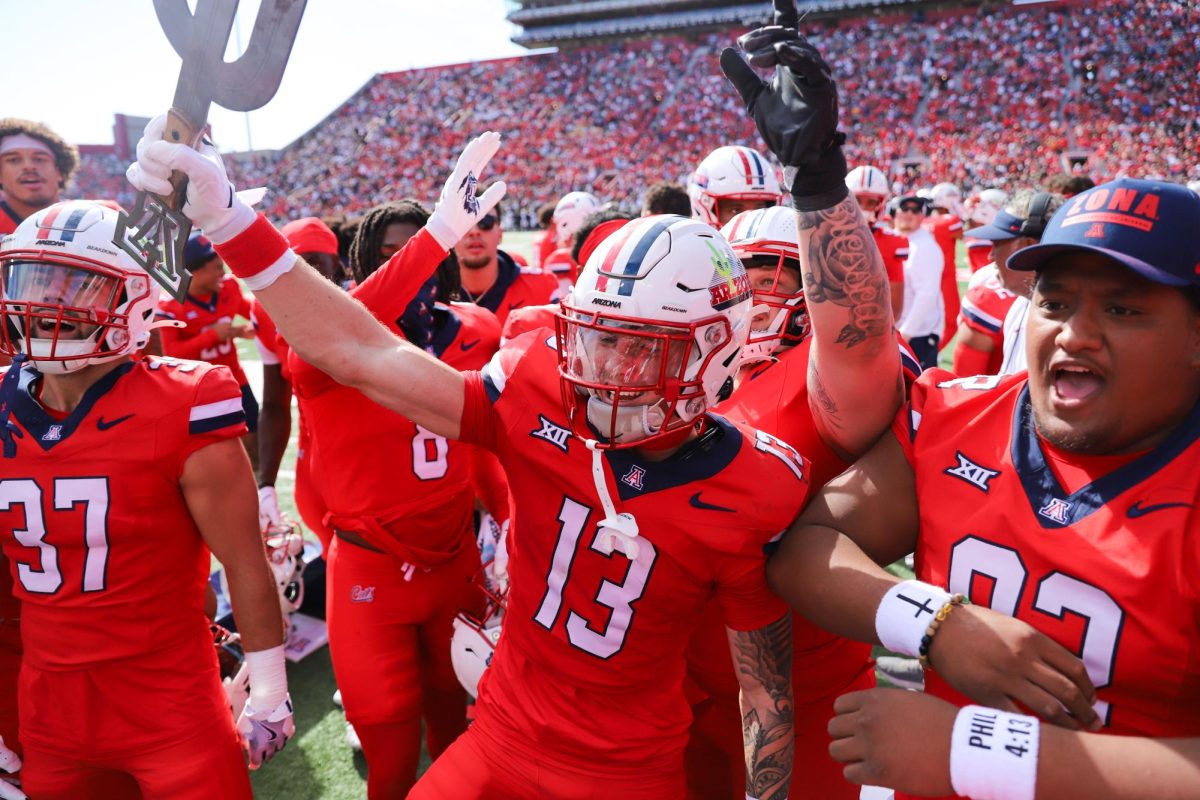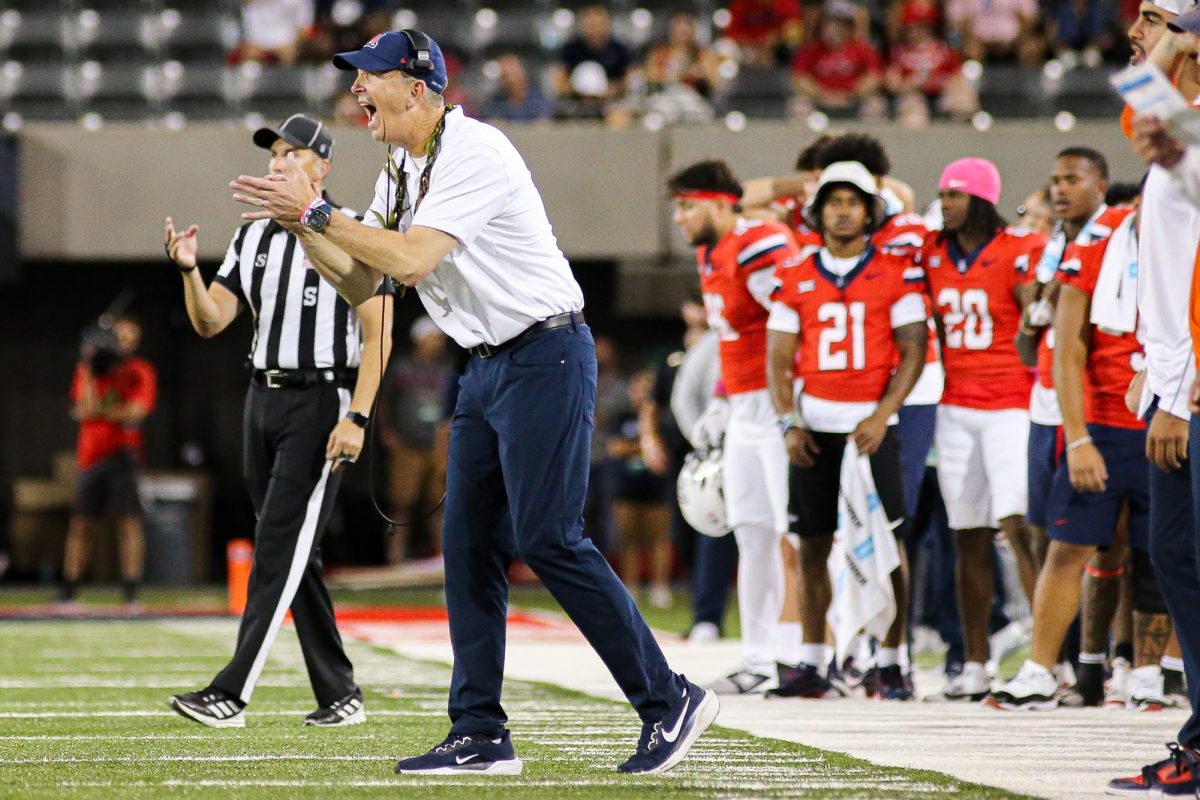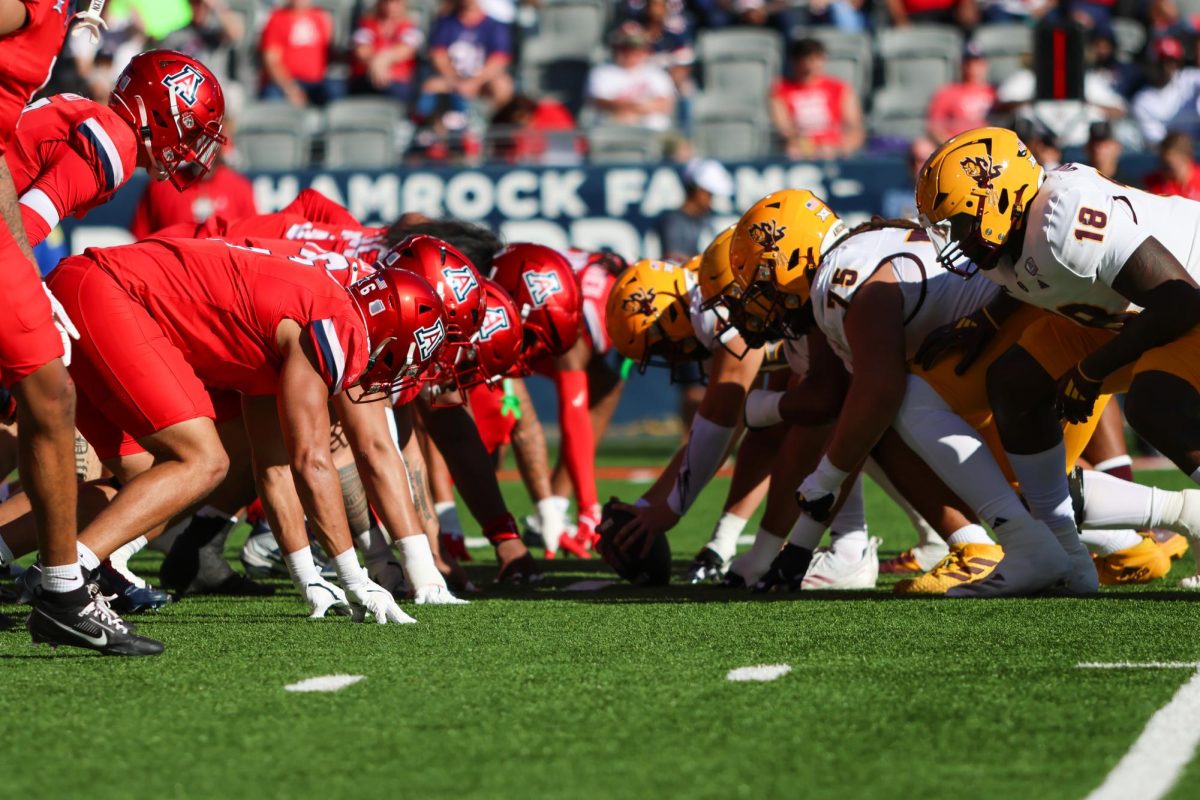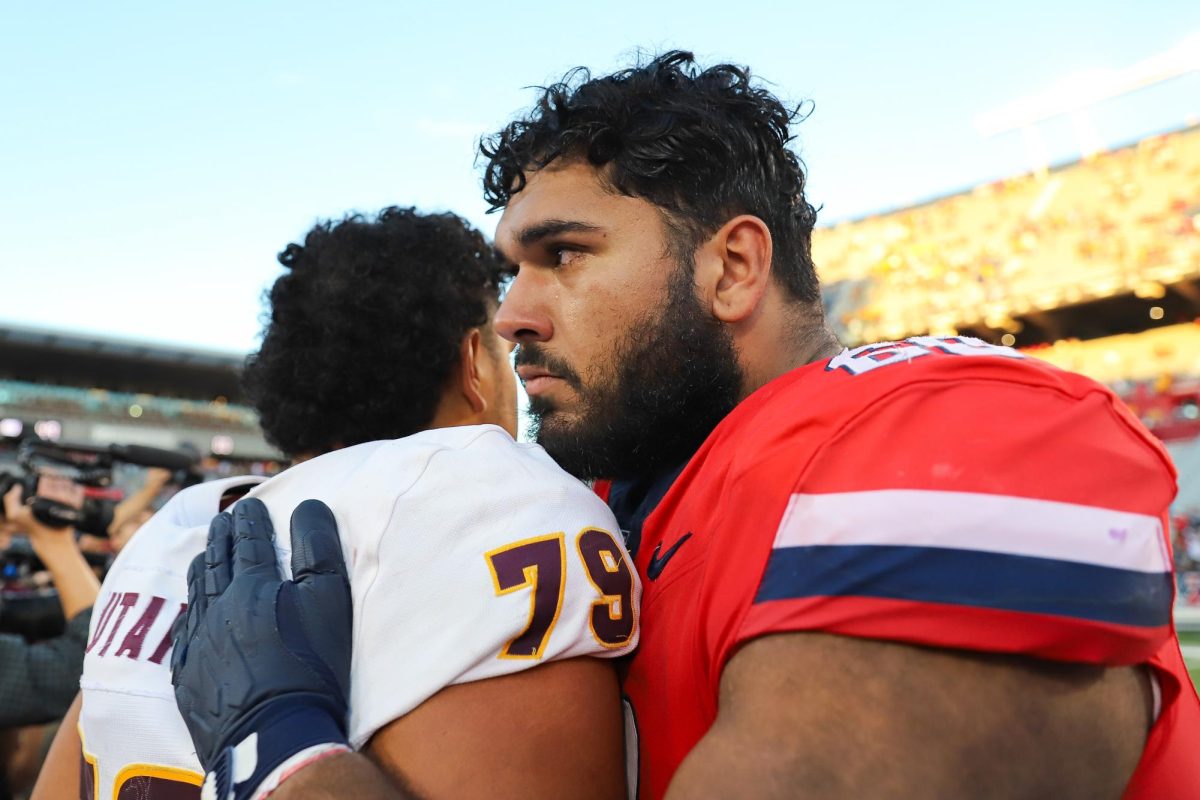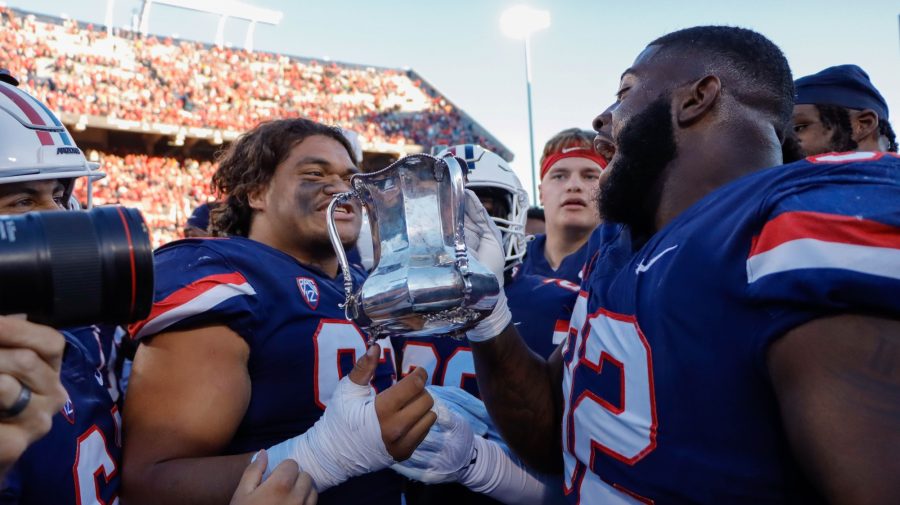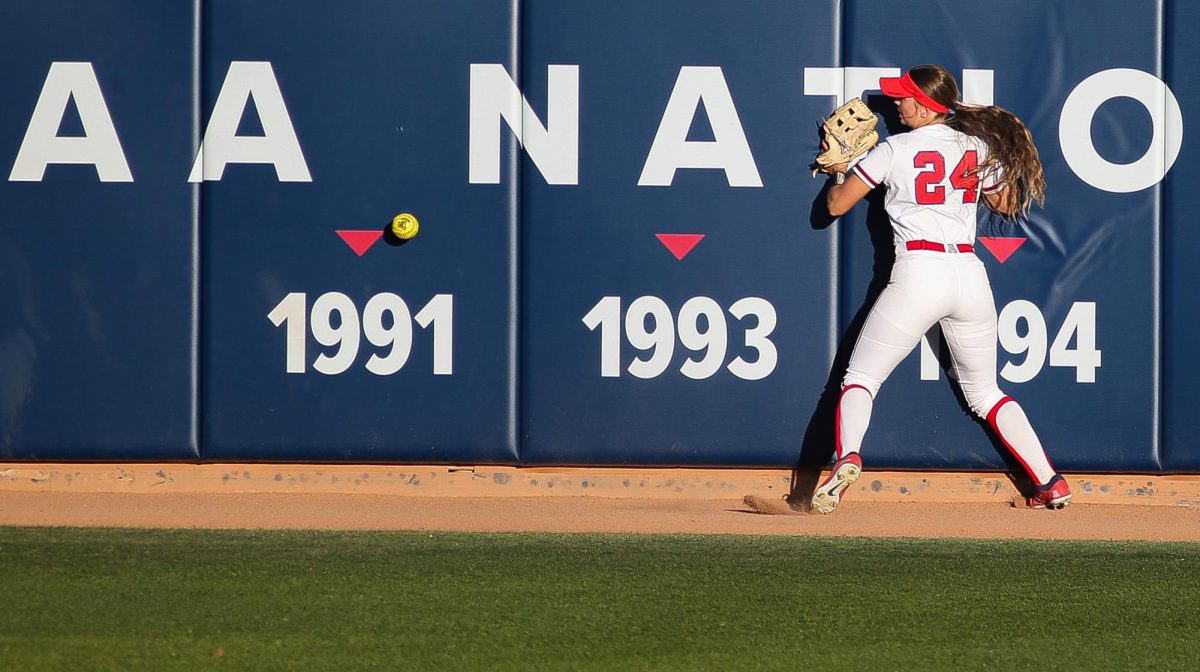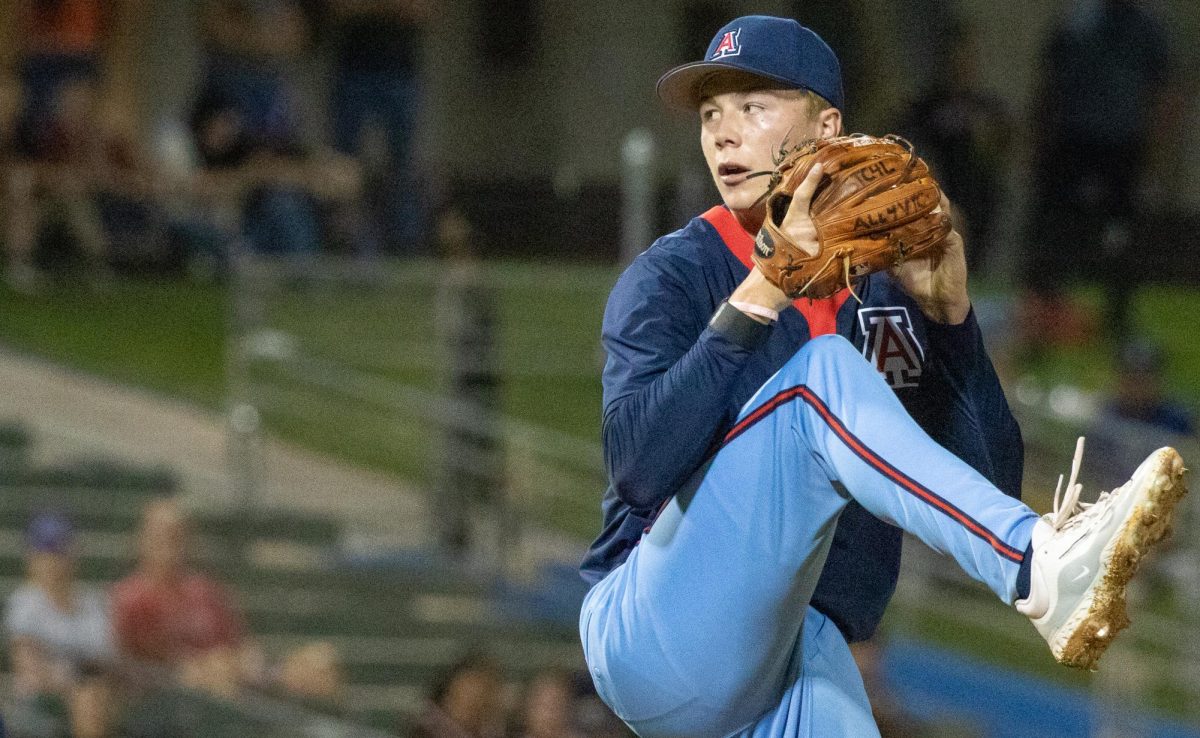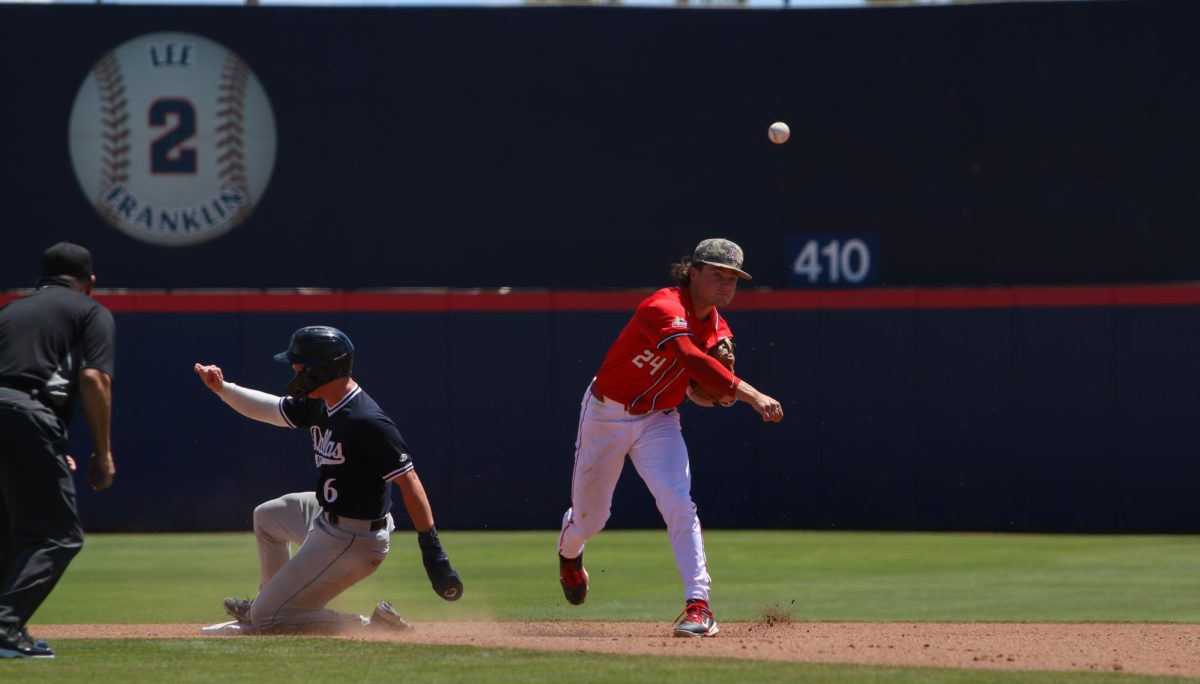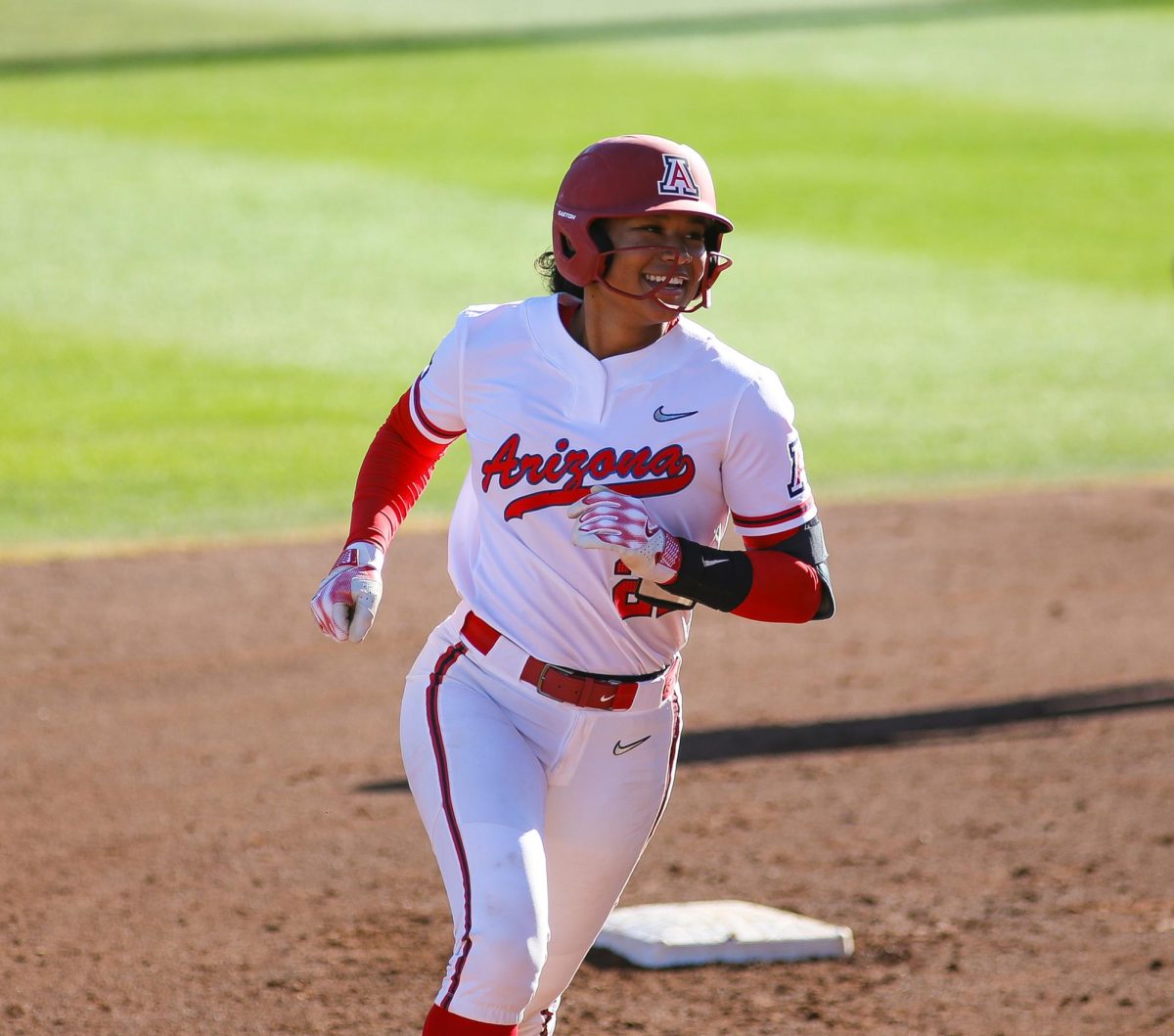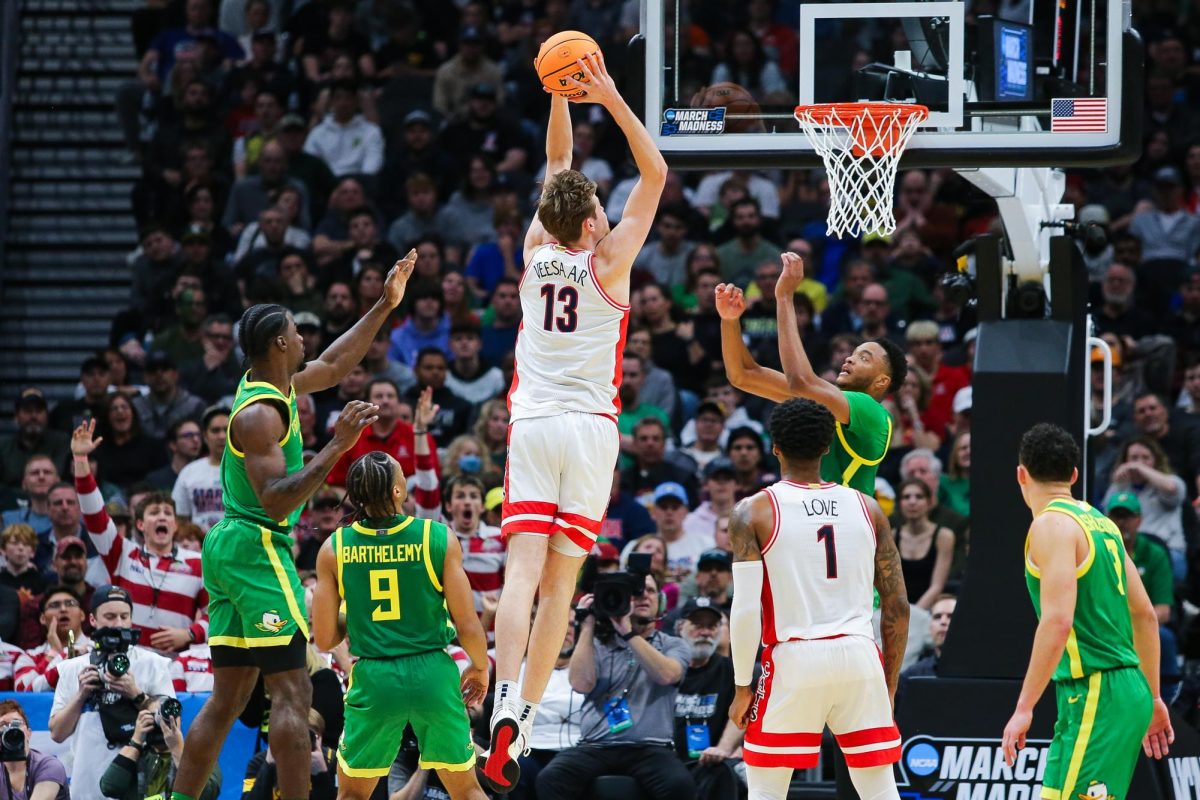There are two sides of the fence in terms of dealing with NCAA student-athletes and the money that — depending on your point of view — they do or don’t see.
Either you want to call college athletes exploited or you want to dismiss them as semi-professional.
As much as you worry about losing the sanctity of collegiate competition if the NCAA begins increasing student-athletes’ benefits or about players not being compensated for what is undeniably a business, there remains a solid compromise.
Currently, NCAA athletes are still amateurs, and they could use a little more money. That extra cash wouldn’t make them play less hard when they hit the field.
It wouldn’t make them into professional players, either.
To give you a feel for the huge sums the NCAA brings in, $771 million a year goes into the bank from the NCAA men’s basketball tournament’s television contracts alone, according to USA Today’s Steve Wieberg.
What are they doing with all that money?
Wieberg wrote last week that NCAA President Mark Emmert is considering bumping up the value of athletic scholarships. That will surely help solve the problem of kids just taking “”extra benefits”” in the form of a few bucks for living expenses.
It’s not like the NCAA is hurting financially and can’t afford to make a change either.
At the same time, critics argue that puts the athlete before the student in the oft-used term “”student-athlete.””
But semantics shouldn’t ignore reality.
USA Today found that a men’s basketball scholarship could be worth as much as $120,000, but that doesn’t come in the form of covering living expenses, instead mostly taking care of tuition, coaching and the like. The median for actual athletic scholarships at the 120 schools in Football Bowl Subdivision was $27,923.
Many players, especially in high-revenue sports like football and basketball, come from backgrounds of financial difficulty. So when a strict scholarship covers just their schooling, they don’t have ample cash to feed or clothe themselves.
North Carolina head coach Roy Williams told Wieberg: “”Those kids are saying, ‘Look at all this money we’re bringing in. And I have to beg, borrow and steal to get an extra meal?'””
In the end, players should at least be covered by the NCAA for their academic endeavors and, of course, enough spending cash to live comfortably.
When Arizona forward Derrick Williams hit the go-ahead free throw to send the Wildcats to the Sweet 16, it gave Arizona and the Pacific 10 Conference $1.4 million in incentives. Because of the NCAA revenue-sharing agreement, that’s the same amount of money the conference will earn for each game UA plays in the tournament for the ensuing six seasons, according to Wieberg.
So at the very least, that foul shot’s revenue should find its way, equally of course, to Williams and every other athlete at Arizona.
It’s only fair.
— Kevin Zimmerman is a journalism senior. He can be reached at sports@wildcat.arizona.edu.





